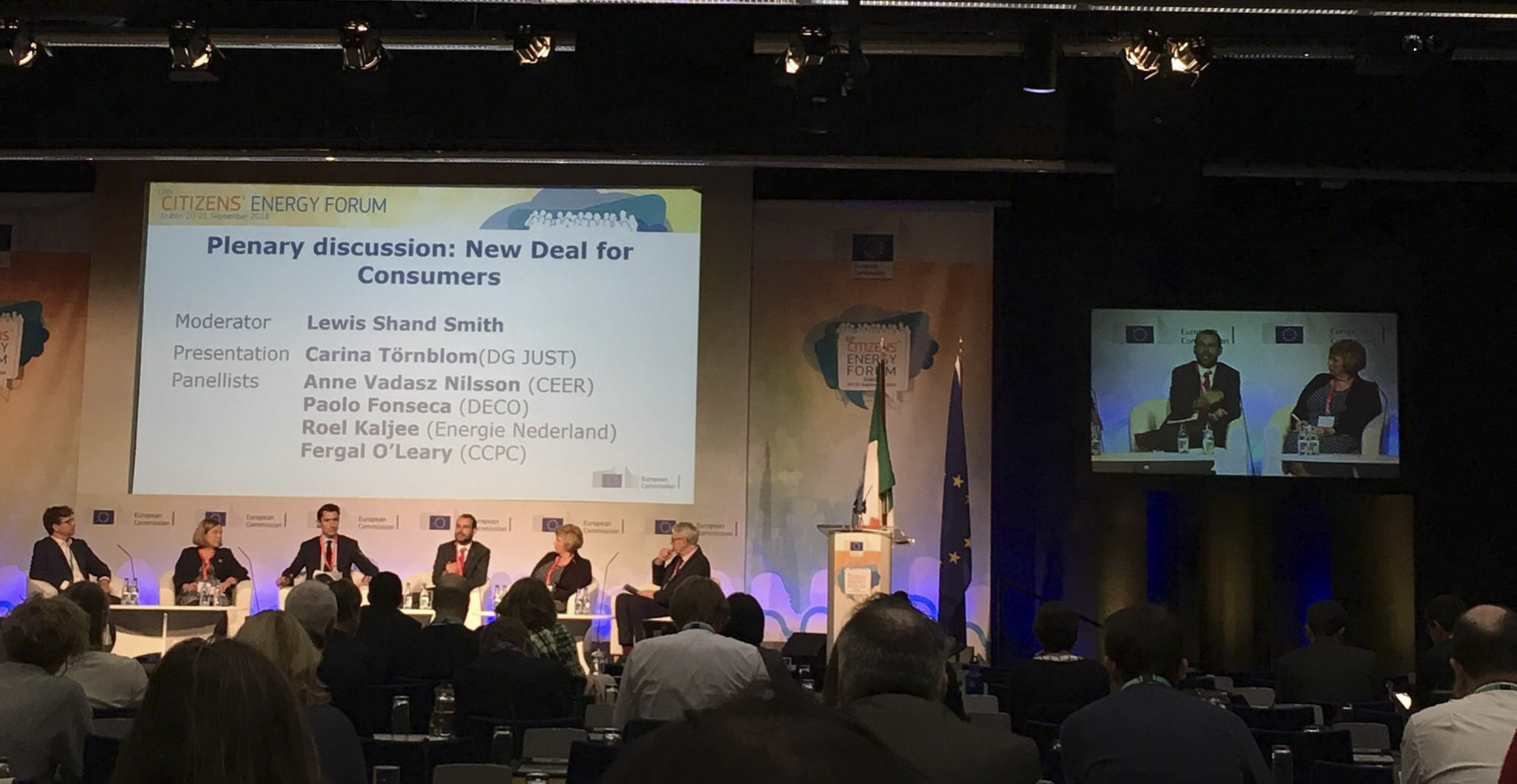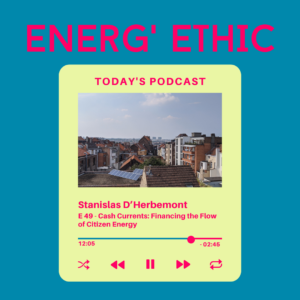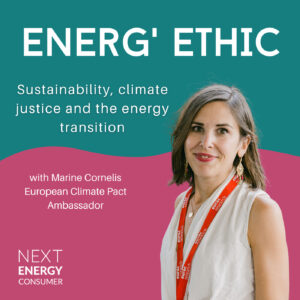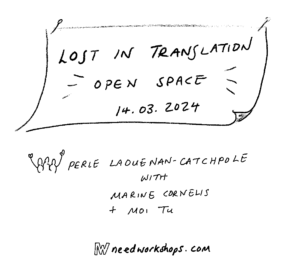Marine Cornelis is back from the 2018 Citizen’s energy forum, the annual European Commission’s convention which has been steering EU’s energy consumer policies for the last ten years.
This article was originally published on the ESRC Just Energy website.
The Citizen’s Energy Forum, first held in London and now moved to Dublin, has been the platform behind the most original (and needed) consumer-centred policies of the European Union, in particular regarding energy poverty and vulnerability. The vulnerable consumers working group and the working group on consumers as energy market actors were created at the request of the very influential conclusions of previous meetings of the Forum.
This year, in 2018, we can only applaud the long road that has been covered since in the first meetings led by regulators and business (when consumer organisations were only spectators and ombudsmen were not formed into a network yet). The citizen has now been put at the centre of the energy market thanks to the Energy Union plans and a set of legislation. The European Energy Poverty Observatory is leading the way on fuel poverty research and policies.
It is therefore not surprising that this year, the forum focused more on new business models and technologies and services, i.e. businesses working on customer engagement, rather than on the “consumer” or the “citizen”. Energy poverty has only been addressed through the lens of energy efficiency and personal involvement, and consumer organisations, NGOs and EU-funded projects did not get a chance to share good practices.
However, ADR, redress and the difficulty to access justice became the subject of an intense (although short) debate on Friday morning, led by Lewis Shand Smith, chief Ombudsman at Ombudsman Services and President of NEON. This was in response to the presentation by DG Justice of the recently proposed New Deal for Consumers. These horizontal policies will provide consumers better protection against unfair commercial practices, introduce effective penalties for violations of EU consumer law and also aims to introduce collective redress mechanisms via “qualified entities”. These entities will be non-profit organisations, such as consumer organisations, in order to avoid American-style litigation.
The testimonies from consumer organisations and ombudsmen showed that the large majority of European consumers are still experiencing difficulties related to meter readings, the invoicing process or poor commercial practices. Bundled offers, new and cross-sectoral market players and new service providers (such as aggregators) add a layer of complexity to the dispute-resolution process. In many member states, citizens are still experiencing difficulties when trying to enforce their rights. The risk of experiencing unresolved disputes and legal problems should remain a priority focus of regulators and policy-makers, at EU and national levels. It is also critical to know to whom a consumer should turn to, especially when facing bundled offers or complex complaints.
Monique Goyens, Director at BEUC, rightfully warned about digitisation and new technologies which can be a way to disempower consumers. Some very powerful market players and web platforms are likely to propose services that are in their interest, not the citizens. This is why, interestingly, sectoral regulators, consumer protection authorities, competition authorities and ombudsmen decided last year to embrace the situation through the Partnership for the Enforcement of European Rights (PEER), a platform of discussion on cross-sectoral issues such as bundled products and cybersecurity.
However, it is possible to doubt that the representatives of tech and startup companies acting in the energy sector are feeling concerned by these issues. During the event they all appeared very convinced that their companies are transparent and user-friendly and complaints and issues are for other bodies and/or incumbent suppliers to deal with.
Although the European Commission representatives (DG ENER and JUST) said how important it is to take consumers the way they are, not the way the business wants them to be, the very big, silent, uninformed, uninterested majority of energy consumers continues to be completely overlooked.
With the clear statement of having a ‘consumer-centered approach’, it sounds as if we are moving towards a two-speed Europe regarding consumer rights. These issues should not be neglected should the European Union want to set up a truly consumer-centred and fair energy market.




